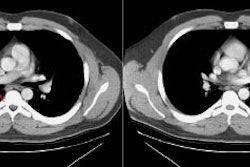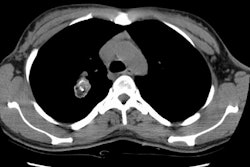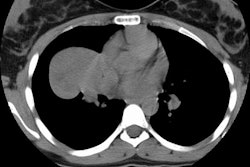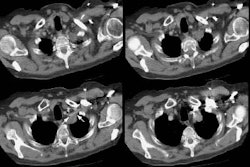Pulmonary complications of HIV infection.
Murray JF
Pulmonary disease is a major source of morbidity and mortality in HIV-infected persons. Pneumocystis carinii pneumonia has decreased substantially during the last eight years, but in the United States it remains the most common disorder that announces the onset of AIDS. In contrast, tuberculosis is by far the most important AIDS-associated indicator disease in developing countries. Community-acquired acute bacterial pneumonia is a common HIV-linked complication throughout the world; pneumonia occurs at all levels of immune suppression but increases in frequency as CD4 counts decrease. Fungal infections mainly afflict persons who live or have lived in the various endemic areas. AIDS-related Kaposi's sarcoma and lymphoma generally do not involve the lungs until the malignancies are advanced. The increasing use of successful chemoprophylaxis against many important HIV-associated infections is increasing the incidence of other end-stage complications such as cytomegalovirus and disseminated MAC disease.



